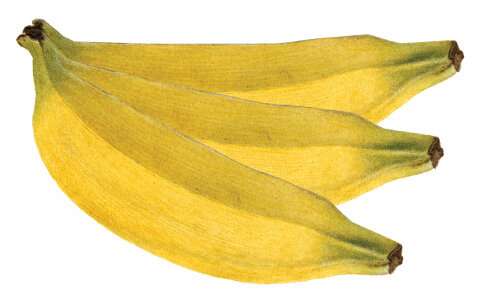
Plants can hurt us (we see you, poison oak), but they can also heal. Many of modern medicine’s powerful drugs, like aspirin, trace their roots back to leaves, bark and flowers.
These natural sources of healing might even help in the battle against COVID-19.
Take traditional Chinese medicine, for one. USC scientists are testing whether a combination of 13 different compounds—mostly herbs—can ease symptoms caused by the coronavirus.
A team from Tianjin University of Traditional Chinese Medicine created the therapy, which is called Xuanfei Baidu. Early testing in hospitals in Wuhan, China, showed promise. Xuanfei Baidu includes herbs believed to treat fever, cough, shortness of breath and fluid in the lungs. One might lower the risk of blood clots. Now experts from the USC Dornsife College of Letters, Arts and Sciences and the Keck School of Medicine of USC are launching a pilot study to test whether the therapy helps COVID-19 patients with mild or moderate symptoms.
Testing new treatments like the traditional Chinese medicine could help health professionals respond to future small outbreaks, says Peter Kuhn, a lead researcher of the study and Dean’s Professor of Biological Sciences and professor of biological sciences, medicine, biomedical engineering, aerospace and mechanical engineering, and urology at USC Dornsife.
But it’s far from the only collection of herbs and fruits under study. Here are five other potential links between plants and health, with a hat tip to experts from the Keck School of Medicine of USC and the USC School of Pharmacy.
1. Going bananas
Eating foods high in potassium, like avocados, bananas and sweet potatoes, could be as critical to controlling high blood pressure as cutting back on table salt. “Eating a high-potassium diet is like taking a diuretic,” says Keck School of Medicine’s Alicia McDonough.
2. Berry promising
Resveratrol—found in blueberries, cranberries and grapes—might help in the fight against Alzheimer’s disease. In lab tests, the chemical helps break down a substance called beta-amyloid in cells. Beta-amyloid plaques are found in the brains of Alzheimer’s patients. Results in a lab don’t guarantee success in people, but USC scientists have been part of early human clinical trials.
3. Well bean
Coffee could do you good. Drinking as little as a cup a day appears to reduce colon cancer risk, according to USC research, and a 2020 study found benefits for metastatic colon cancer patients, too. Decaf or high-octane? Either seems to work.
4. Tea time
Carrots contain ferulic acid, and green tea offers epigallocatechin-3-gallate. When combined, these ingredients reversed Alzheimer’s-like symptoms in lab models. These early links between plants and health are spurring more research at USC.
5. Herbal helper
Source: Read Full Article